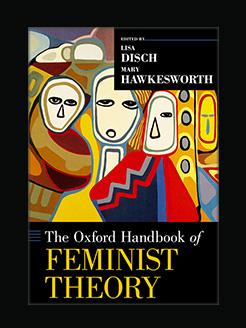Published in 2024
322 pages
9 hours and 46 minutes
Ingrid Robeyns holds master degrees in economics and philosophy, and obtained her PhD for a thesis on gender inequality and the capability approach at Cambridge University. She currently holds the chair in ethics of institutions at Utrecht University. In 2018, she was elected as a member of the Netherlands Royal Academy of Sciences and Arts. In 2021, she was awarded an Emma Goldman Award for her work on inequality studies and feminism by the FLAX foundation in Vienna. She lives in Utrecht, Netherlands.
What is this book about?
An original, bold, and convincing argument for a cap on wealth by the philosopher who coined the term “limitarianism.”
How much money is too much? Is it ethical, and democratic, for an individual to amass a limitless amount of wealth, and then spend it however they choose? Many of us feel that the answer to that is no—but what can we do about it?
Ingrid Robeyns has long written and argued for the principle she calls “limitarianism”—or the need to limit extreme wealth. This idea is gaining momentum in the mainstream – with calls to “tax the rich” and slogans like “every billionaire is a policy failure”—but what does it mean in practice?
Robeyns explains the key reasons to support the case against extreme wealth:
- It keeps the poor poor and inequalities growing
- It’s often dirty money
- It undermines democracy
- It’s one of the leading causes of climate change
- Nobody actually deserves to be a millionaire
- There are better things to do with excess money
- The rich will benefit, too
This will be the first authoritative trade book to unpack the concept of a cap on wealth, where to draw the line, how to collect the excess and what to do with the money. In the process, Robeyns will ignite an urgent debate about wealth, one that calls into question the very forces we live by (capitalism and neoliberalism) and invites us to a radical reimagining of our world.







